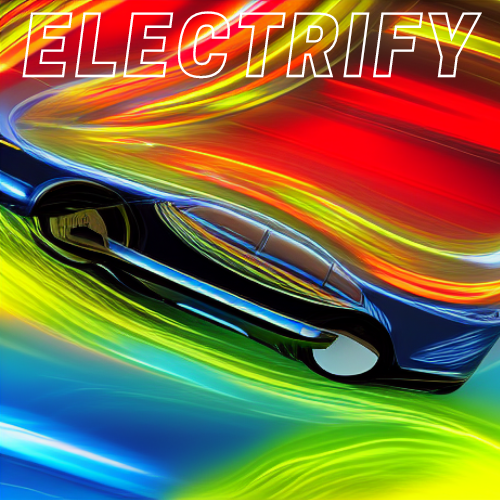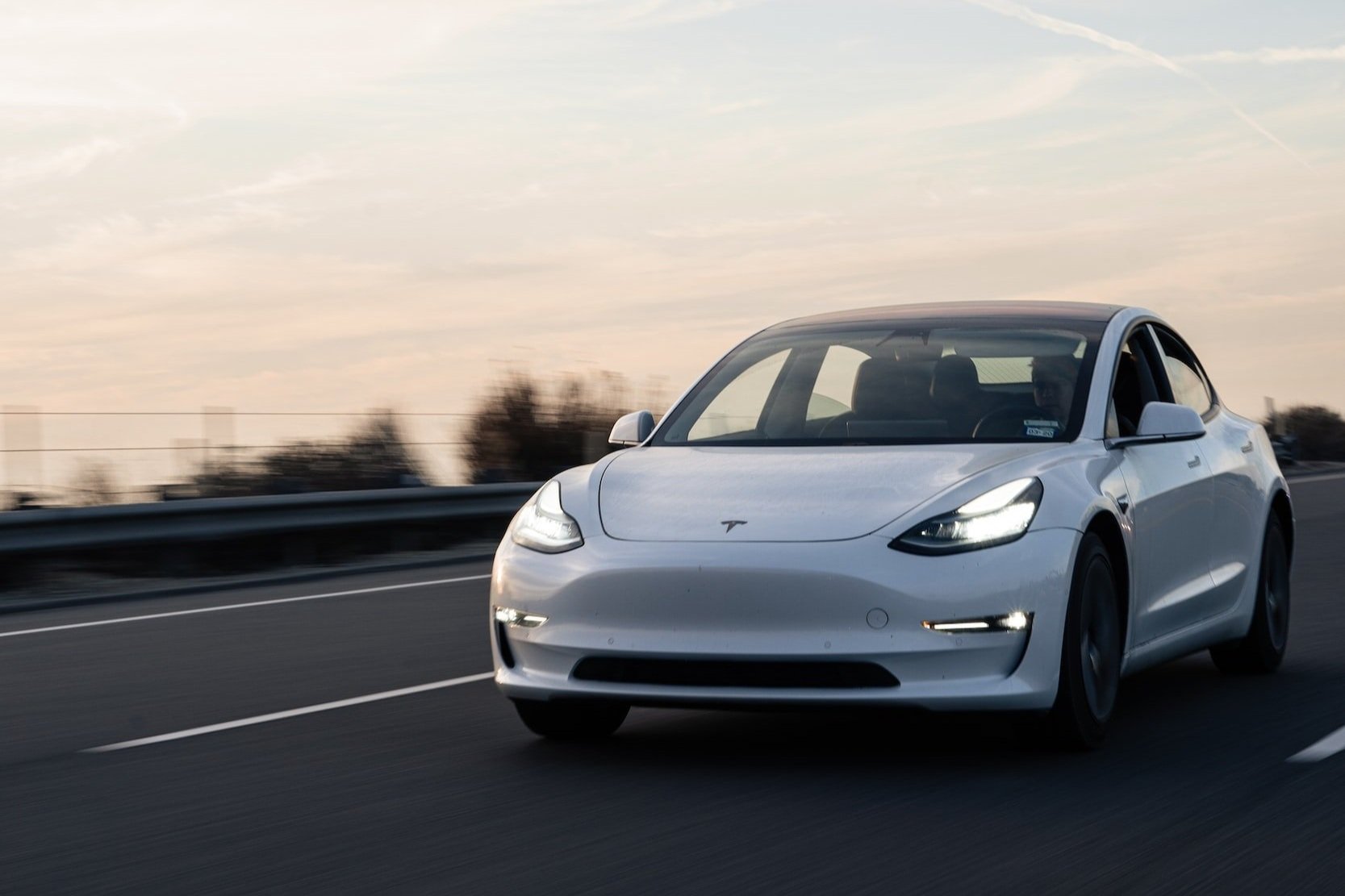EV Battery Basics Simply Explained
When getting immersed into the world of electric vehicles (EVs) it is easy to get lost in the different definitions and abbreviations. Here we will be exploring terms that you should be familiar with if you plan to purchase an EV. We will explain kilowatts (kW), kilowatts per hour (kWh) and charging speed.
Tesla’s standard Model 3 battery has a usable capacity of 40 kilowatts per hour (kWh).
KiloWhat?
What is a kW?
A watt is a unit of power, and a kilowatt (kW) is equivalent to 1000 watts. Let’s say you buy a 50 watt lightbulb. To find out what the kilowatts of the light bulb is, you need to divide the value of watts by 1000, 50 watts divided by 1000 is 0.05. Therefore, your lightbulb has 0.05 kilowatts of power.
What is a kWh?
An EV’s battery capacity is measured in kWh (kilowatts hour). This figure tells you how much electricity can be stored in the battery pack.
The average capacity of an electric car’s battery is around 30 to 40 kWh. For example, the Hyundai IONIQ electric car has a battery capacity of 38.3 kWh. On the other hand, the Tesla Model Y Long Range Performance has an impressive estimated total capacity of 82 kWh!
James Watt, Scottish engineer, probably thinking about kWh. Source: theguardian.com.
How Many Kilowatts Hour Does An Electric Car Use?
The average electric car consumes about 0.2 kWh for each km. This means that if the battery’s capacity is 40 kWh, you should be able to travel 200 km on a full charge.
Ultimately, it really depends on the build of the electric car your are using and the speed at which you are driving. It is important that you do your research on specific models in order to make an informed purchase on you electric car. Some electric cars are more efficient and require less kWh to travel the same distance.
We must also take into account that driving conditions influence the kWh. For example, if you are driving in a busy city, there will be a lot of stops and starts, resulting in the usage of more kWh than if you were driving at a continuous speed on a long country road.
Hyundai IONIQ electric car whacking out those kWh.
Charging Speed
AC vs. DC Charging Stations: Which is Faster?
There are over 3000 public charging station around Singapore, and there are two types of charging options - AC and DC - and their rates differ.
Average rates in Singapore: AC: $0.43/kWh while DC: $0.52/kWh.
AC chargers usually take up to 3 hours to charge your electric car while DC chargers take an average of 30-60 minutes. So when it comes to deciding which type of charger is best to use, it really comes down to your needs. If you need a faster charge then DC is always the better option. However, you will need to pay more for DC charging. If you are in no hurry, AC charging will work just fine.



